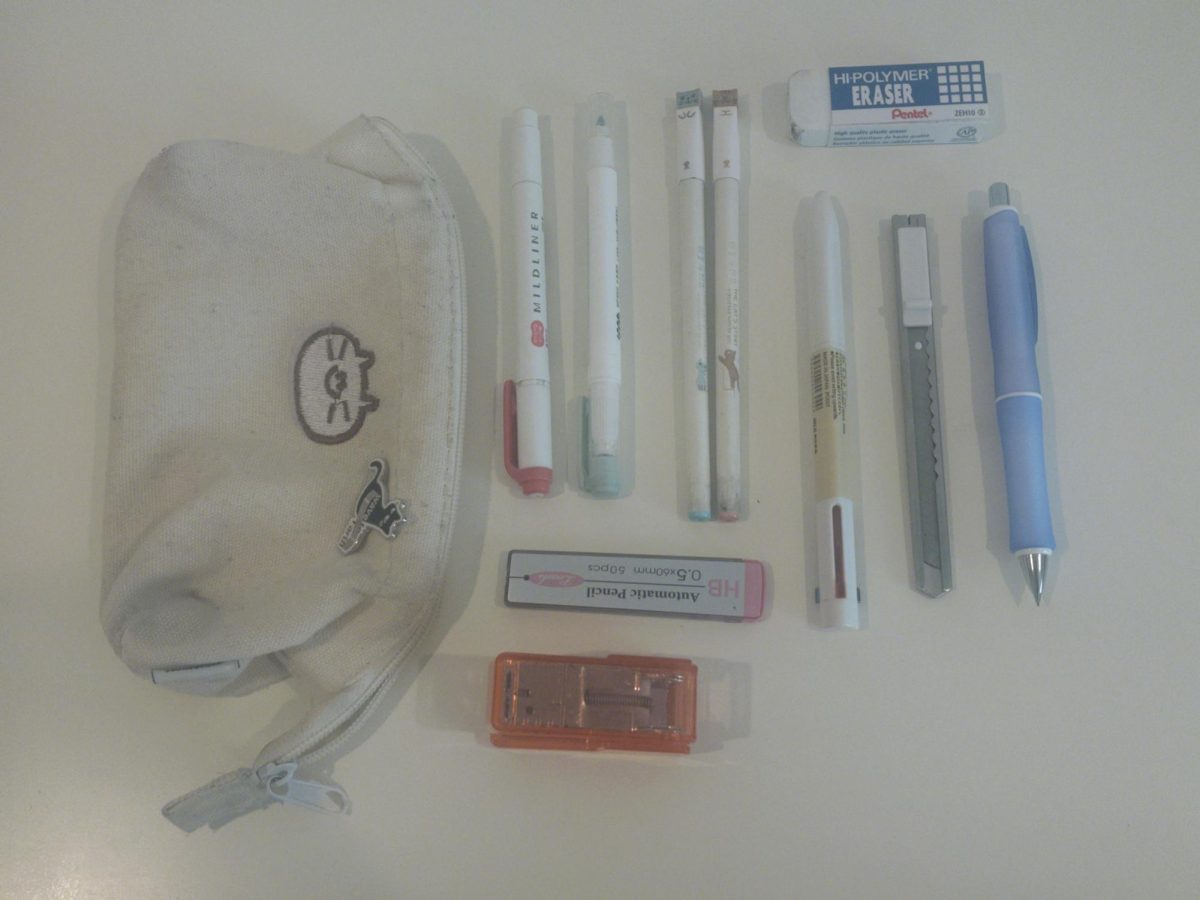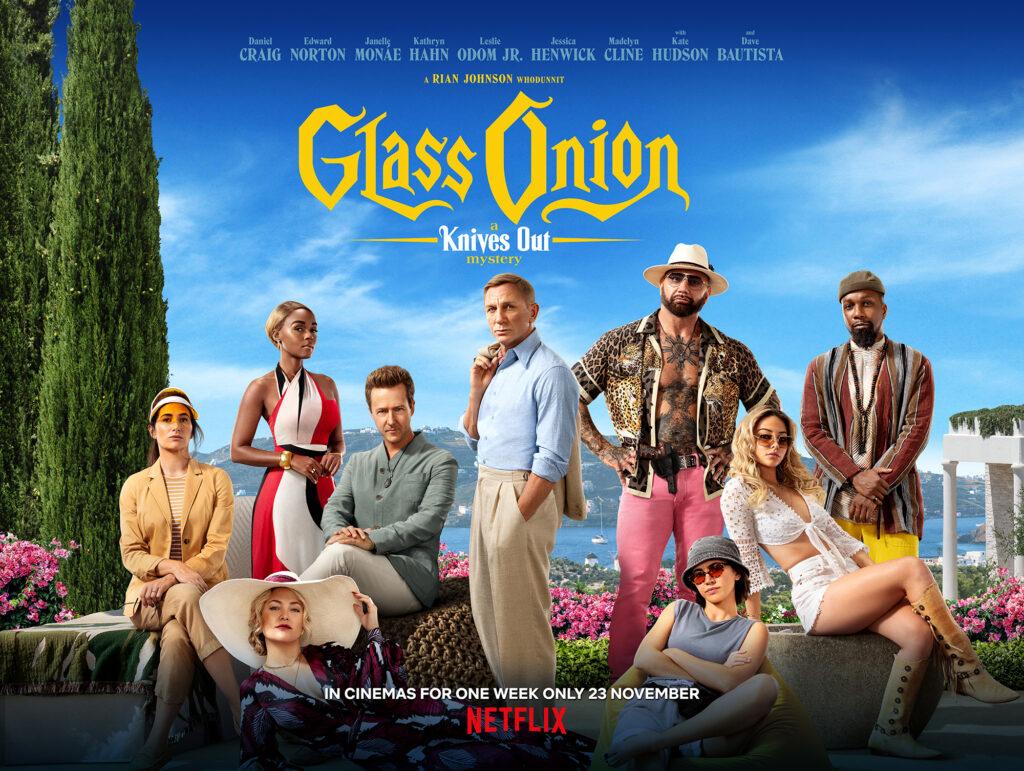Editor’s note: Spoilers ahead.
After a one-week limited release in theaters on Nov. 23, “Glass Onion: A Knives Out Mystery” returned to streaming on Netflix a month later. Critics and audiences praised its thought-provoking plot and shocking twists, with some even saying that “Glass Onion” is better than its 2019 predecessor, “Knives Out.”
In an interview with The Wrap, director Rian Johnson said he wanted to simply name the film “Glass Onion” rather than “Glass Onion: A Knives Out Mystery,” fearing unfavorable comparisons to the prequel.
The movies are in fact not all that comparable due to the drastic differences in both characters and setting. Benoit Blanc, the cunning detective and protagonist played by Daniel Craig, is the only character carried over between the two films. While the first movie is set in a dark and gloomy mansion, “Glass Onion” takes place on the sunny paradise of a Greek island.
The film as a whole features countless quirks that were sheerly brilliant, including an interaction between Blanc, the private detective who mysteriously received an invitation to multi-billionaire Miles Bron’s private resort without being invited by Bron (played by Edward Norton), the manipulative, mysterious rich host.
In one eerie, foreshadowing conversation, Blanc expresses his concern regarding Bron’s murder party theme, stating that Bron is “putting a loaded gun on the table and turning off the lights.” This exact scene plays out later in the movie and Bron admits to stealing it from Blanc, who continues to dwell on Bron’s idiocy and lack of creativity. By having scenes like this, the movie is strung together with different storylines where seemingly unimportant moments pop up later with a connection to the storyline.
Keeping the audience in suspense regarding Duke, one of the murdered guests who was also a fitness blogger and close friends with Miles; Andi, who appears to get shot but is actually Helen impersonating her dead sister; and the true story behind a napkin that dominated Bron and Andi’s power struggle, the complicated, muddled storyline adds to the intended effect of chaos and confusion. What makes this movie so good is the weaving together of multiple storylines with their own mysteries into one larger plot which comes together to be complex but simultaneously simple enough to understand without confusion at the end.
Adding to the suspense and confusion is the simplicity of Miles’s plan to kill Duke: pineapple juice. Bron is aware Duke had a deadly allergy to pineapple and easily filled his own drink with pineapple juice, swapping it with Duke’s by the old trick, sleight of hand. Methods of murder in similar movies have become excessively complicated, involving snipers, gun fights or complicated poisons. However, Bron uses the one brain cell he does possess to cleanly and effectively take out Duke, using “Andi’s” (aka Helen’s) sudden disappearance as a means to frame her.
When looking back on Bron’s reactions and treatment toward “Andi” it is blatantly evident he is shocked and does in fact recognize that “Andi” is actually her twin Helen. He keeps his revelation to himself, though his actions throughout the movie suggest his continued doubts about both Helen and Blanc. Writing in foreshadowing into the script which viewers can go back and watch adds depth to the story’s intricate plot and helps develop the personalities of the characters.
One reliance on cliche is the burning of the only evidence, the napkin, but the film writers turn that around by having the characters change their narratives and testimonies to support Andi and Helen rather than Bron. This, once again, demonstrates the movie’s great plot, by taking a cliche and turning it into something interesting and new for viewers. Too often do murder mysteries rely on the same cliches to wrap up the story, but the added twist keeps the viewer interested.
Even though the movie is entertaining and a mystery, it provides deeper insights about human tendencies. Observing the character’s dependence upon Bron’s wealth, the movie conveys a larger message about society: It is human nature to side with power and money rather than friendship and truth. This deeper meaning adds a whole new layer to “Glass Onion” and, along with the intricate plot, is really what makes this movie stellar.




























